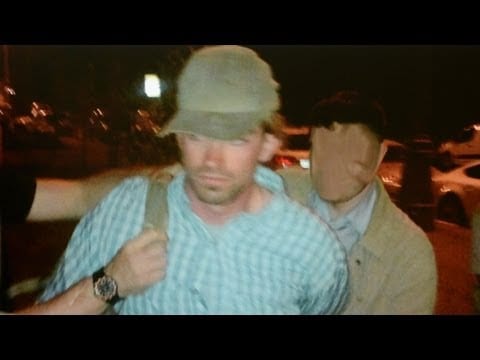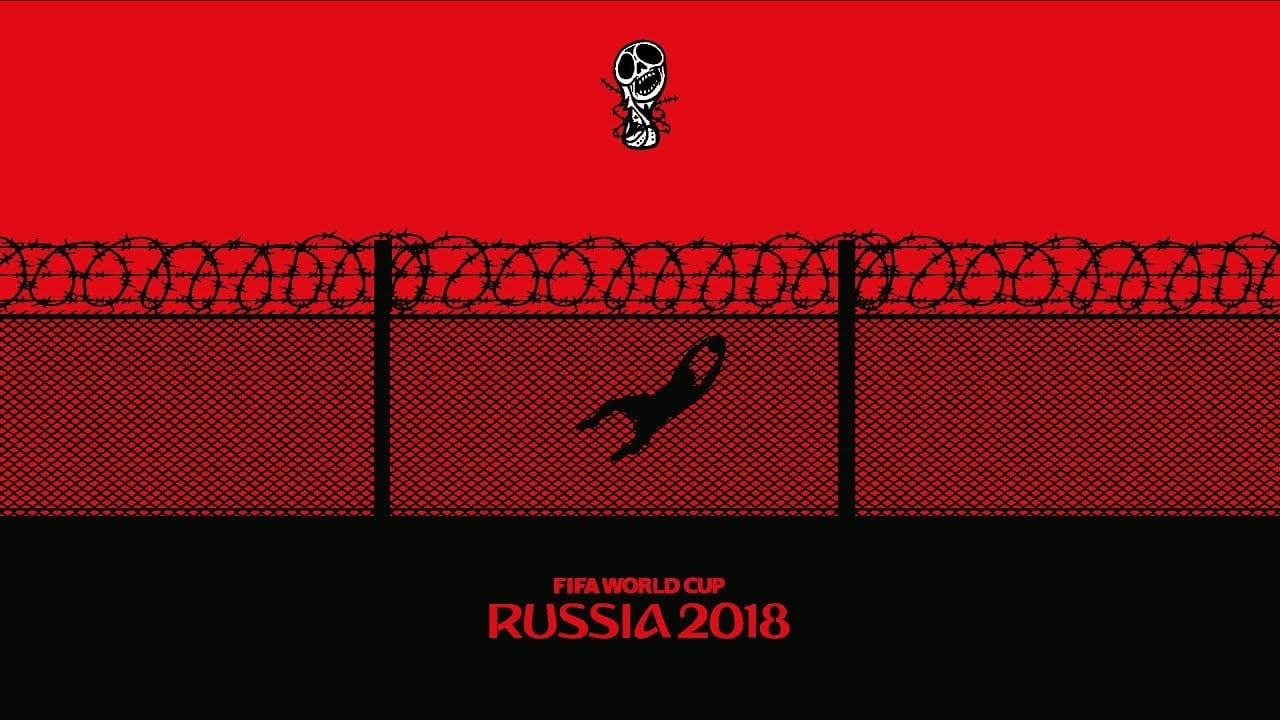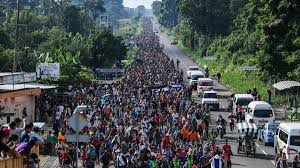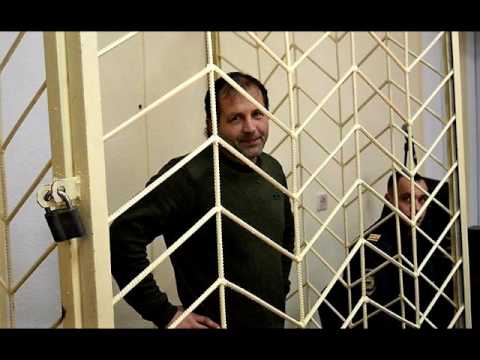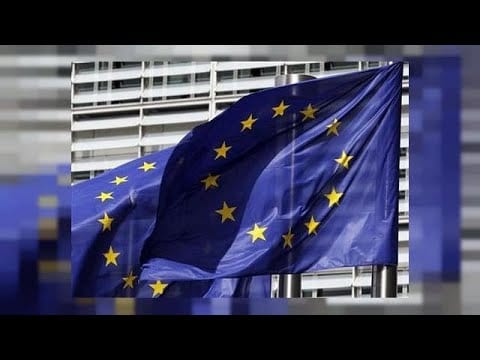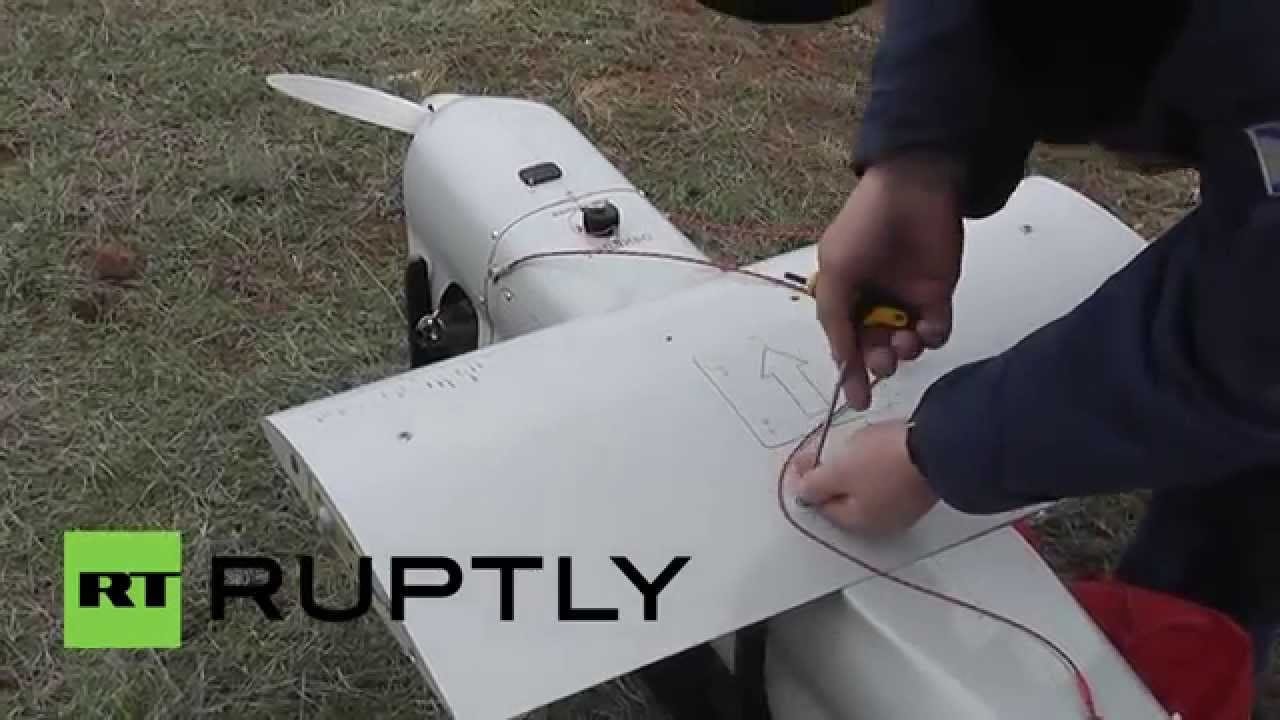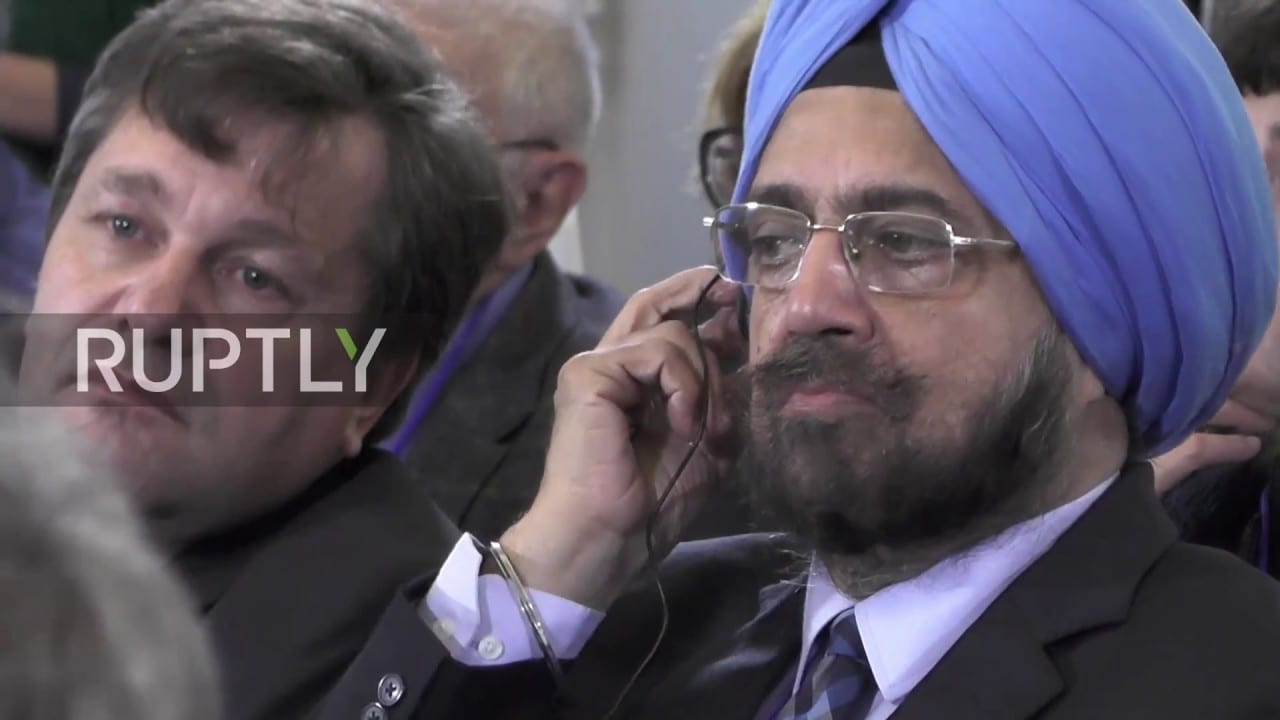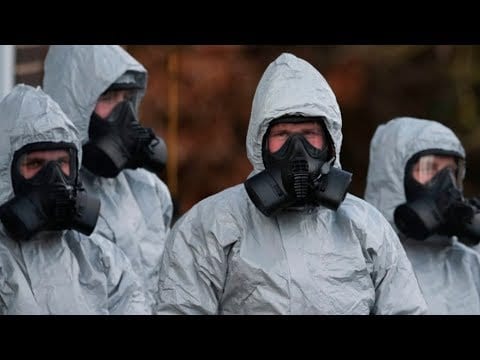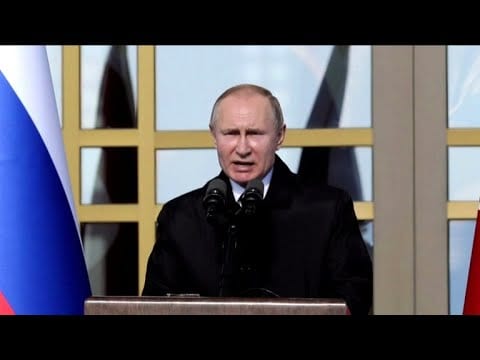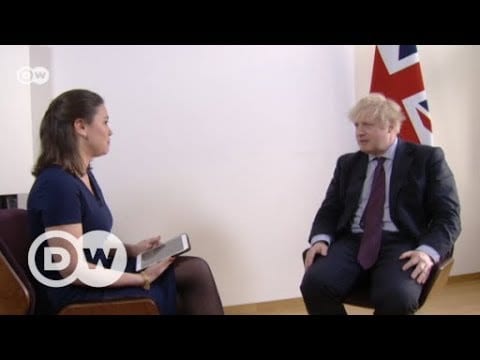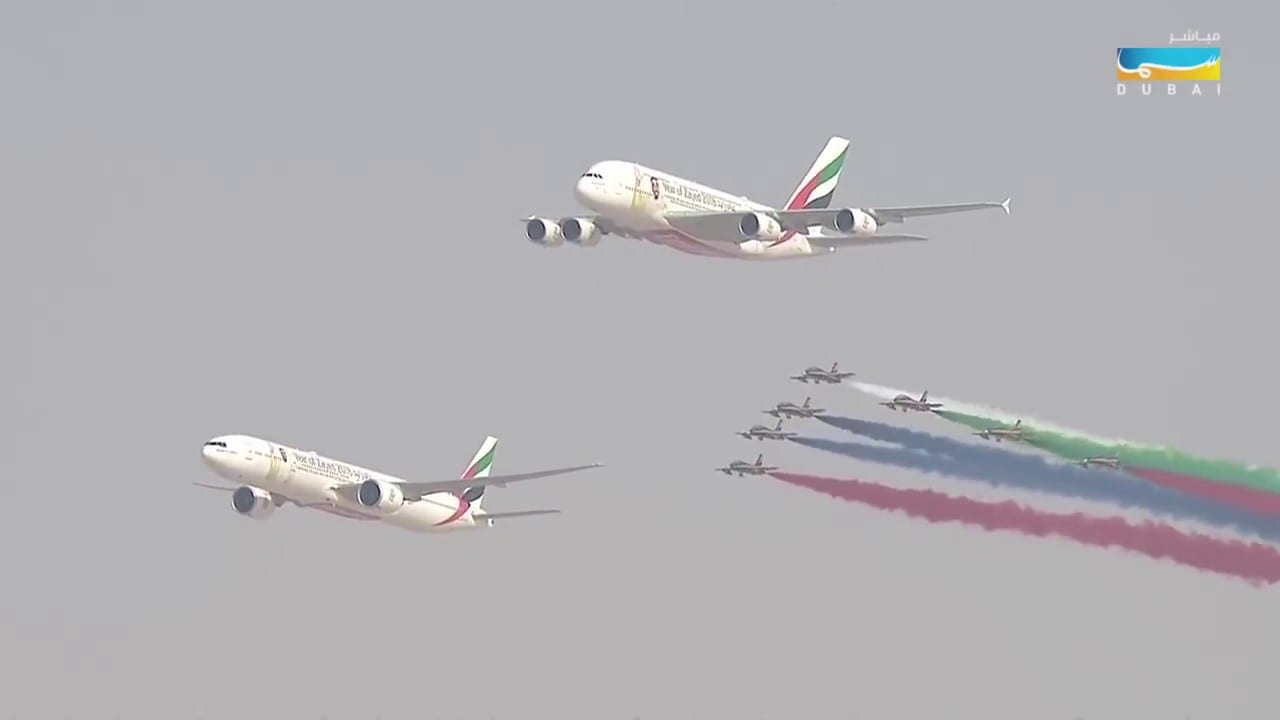Humanitarian cooperation is an important development factor for the international relations, while implementation of the international cultural, educational and scientific projects without a doubt facilitates strengthening of international relations. However, witnessing an unstable situation in the east of Europe, we can draw absolutely unexpected conclusion: Russia actively exploits cultural, educational and scientific projects as one of the hybrid war instruments.
Situation in the eastern regions of Ukraine is a striking example. Official Kiev repeatedly claimed use of hybrid forms of aggression by the Russian Federation and it becomes clear upon a closer examination that these charges have solid grounds.
During the Post-Soviet period, especially at president Yanukovych times, Russia established a network of various non-profit organizations in the territory of Ukraine, which pursued the purpose of promoting the so-called “Russian world”. Such quite apolitical slogans of public organizations, funds and grants become the curtain for the purposeful work on promoting of neo-imperialist, militaristic views which de facto represent state ideology of the Russian Federation.
The sophisticated propaganda aimed at creation of chaos, mutual distrust and eventually oriented at undermining the state sovereignty of the foreign states, distinguishes the Russian so-called public organizations from the known European and American non-profit humanitarian or charitable organizations, which do not receive governmental financing as a rule. Russian humanitarian organizations obtain financing directly from the budget of the Russian Federation, and special media portals cover their activity.
Particularly, activity of such non-governmental organizations as the Russian Russkiy Mir Foundation, the Civic Chamber of the Russian Federation, St.Andrew the First-Called Foundation, the ‘Russian Abroad’ Foundation-Library, the Russian Cultural Fund, the International Council of the Russian Compatriots, the Russian Theatre Union, the International Union of the Museums, the International Sister Сity Association, the Moscow Union of Friendship Societies, the St. Petersburg Association for International Cooperation and others goes hand in hand with operation of the Rossotrudnichestvo – Russian Federal Agency. The Russian Association for the International Cooperation (RAIC) is one of the principal partners of this agency, bringing together more than 100 public organizations, including societies for friendship with foreign states. By means of the so-called ‘public diplomacy’, under the veil of implementation of international cultural, educational and scientific projects, Russia (through the organizations we have named) performs information influence and special operations in order to implement quite concrete interests. Ukraine is the most striking and evident example of such hidden expansion from which hardly any state of the world is protected.
Activity of such pro-Russian public organizations as International Pedagogical Club and All-Ukrainian Public Organization ‘Russkaya School’ in the territory of Ukraine may serve as an example.
The latter is especially noteworthy since it is registered in the directory of the Russian Russkiy Mir Foundation, which is directly financed by the Russian Foreign Ministry. They are governed by Mr. Alexander Kondryakov – the native of Poti (Georgia), former deputy of Ukrainian parliament, who lived previously in Sevastopol (Crimea). Mr. Kondryakov makes no secret of his pro-Russian orientation, he is engaged in promoting Russian in Ukraine, distributes the ‘Russkaya Shkola’ journal, organizes cultural and educational events. At a first glance, activity of the organizations governed by him does not fall outside the scope of humanitarian sphere and does not conflict with the international and Ukrainian legislation. However, as in times of undeclared Russian aggression these organizations advance the projects implemented for the benefit of the aggressor state, then their activity does not seem to be so harmless.
For example, early this year the above-mentioned Russkaya Shkola journal run by Mr. Kondryakov appeared in the center of the juicy scandal associated with distribution of the journal at the Ukrainian schools, allegedly by subscription (though it was not true). Publications of this issue propagate the ideas of “the Russian world” with expressly anti-Ukrainian subtext. This fact caused quite explainable indignation from school administrations, teachers and parents. The Russian propagandists immediately took advantage of the situation, overblew serious scandal and accused the Ukrainian authorities of infringement of the Russian-speaking population’s rights and of arousing hatred to Russians. All this testifies to conducting subversive activities by Russia involving the so-called public organizations led by Mr. Kondryakov.
In addition, the fact that in 2015 Mr. Kondryakov was awarded with a departmental distinction of the compatriot granted by the Russian Foreign Ministry is quite significant. You may ask what he has done. It is highly improbable that in 2015, at the height of the Russian military aggression against Ukraine Mr. Kondryakov, being a resident of the annexed Crimea at that time, received an award from the Government of the Russian Federation for nothing but support of educational programs and development of the Russian culture in Ukraine.
By the way, on the Russkiy Mir Foundation’s website we may find Kondryakov’s interview in which he supports Crimea annexation in every possible way, telling about “terrible oppressions” of Russian-speaking citizens in Ukraine. However, despite of such grave charges, liberal commitments of the Ukrainian leaders allow working of such organizations as led by Mr. Kondryakov in Ukraine. But at the same time, the only library of the Ukrainian literature in Moscow was closed in 2015, and its director Natalya Sharina has been under investigation and house arrest for several years on absolutely far-fetched charge of incitement of national hatred and hostility.
It seems obvious that through such establishments as ‘Russkaya Shkola’, the Russian Federation is engaged not only in promotion of “the Russian world”, but also manages attitudes of the Russian-speaking citizens in other states. The Russian security services, using the humanitarian field (cultural, scientific and educative projects), are engaged in active and rather successful blasting work abroad under cover of public organizations.

